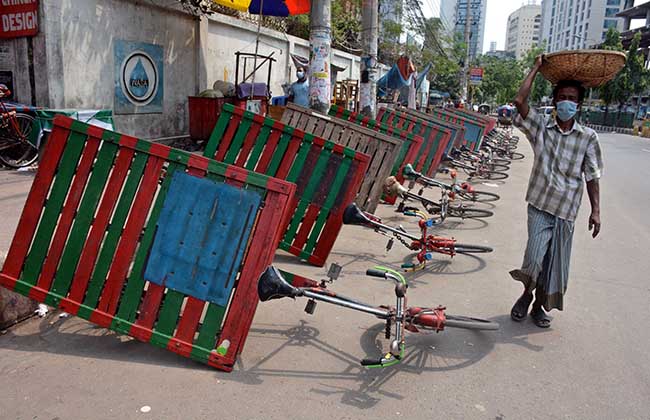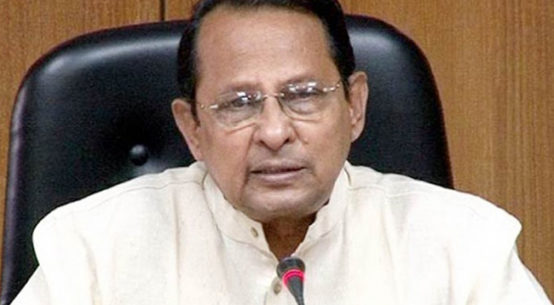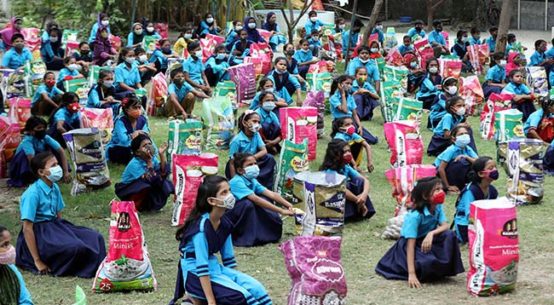
The outbreak of coronavirus is a new experience for the people of this country. This global pandemic has hit the national economy very hard. The pace of remittances has slowed down. Export trade is stagnant. A large portion of the private sector has become unemployed after new investments have been discontinued. Many have tried to survive on the halved salary. Both the middle and lower middle classes, along with the labour class, have been facing a severe shortage of works. Many private workers have lost their jobs and been forced to choose alternative occupations to at least survive.
Meanwhile, the country has been in a full-scale lockdown to prevent the spread of coronavirus. Most of the workers have been laid off in order to reduce the production cost at many industries. Daily wage earners cannot go out of their houses in search for work. Others, including drivers, have no income as public transport remains closed. Many salesmen have lost their jobs due to the closure of shops. And most of the small and medium enterprises are unable to sell their products.
Against this backdrop, a new study by Centre for Policy Dialogue has come up with a piece of shocking news. Over 3 per cent of the country’s labour force have lost jobs while about 16.38 million people have newly entered the list of the poor amid the pandemic, with the Small and Medium Enterprises (SMEs) and informal sectors seeing the highest number of job losses. The report tells us that the income of families in the country has dropped by 20 per cent, causing this big number of population to become new poor.
After the outbreak of coronavirus in the country last year, many individuals extended a helping hand to low-income working people. The government also announced large-scale incentive packages and cash aid. This time, during the second wave of the virus, the direct and indirect effects of the lockdown have increased the number of people struggling to get food for three meals a day, but we see no public and private support or incentives so far. The government too spends a minimum amount of money for the social protection of the citizens. A United Nations report late last year confirmed that Bangladesh’s expenditure in social protection is the lowest (0.7 per cent of its GDP) in South and Southeast Asia, and this poor safeguard system is hampering the country’s resilience to Covid-19. The government should pay a sincere attention to this crucial area.
The pandemic situation has been prevailing for more than a year in the country. Almost the whole 2020 was passed through the lockdown when many lost their livelihoods. The poverty rate, which was 20 per cent towards the end of 2019, has risen to 42 per cent this year. That means the poverty rate has almost doubled in only one year. This population does not have the capacity to undergo any new pressure. In a country where about one-fourth of the population still lives below the poverty line and 80 per cent of the total working population works in the informal sector, maintaining a balance in their livelihood is not only difficult but also extremely challenging. However, this most difficult challenge should be handled with the right policy making and it has no alternative.
No matter how short or long the lockdown is, people who suddenly have lost their jobs need to be fed. Avoiding hunger is no less important than surviving the pandemic. There is no alternative to ensuring financial assistance for the poor. Financial assistance should be ensured on an urgent basis by compiling a list of the poor with the help of local governments.


